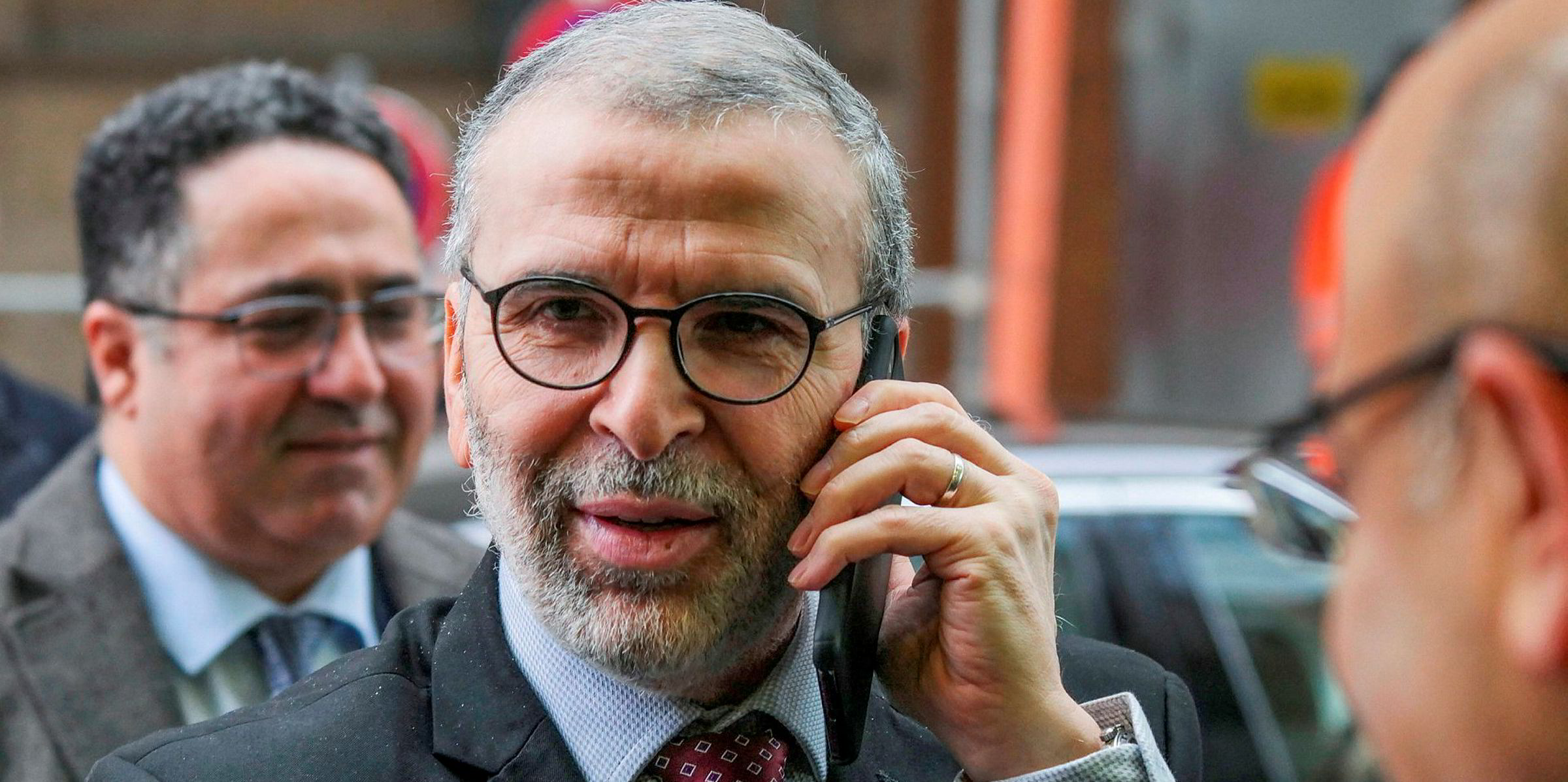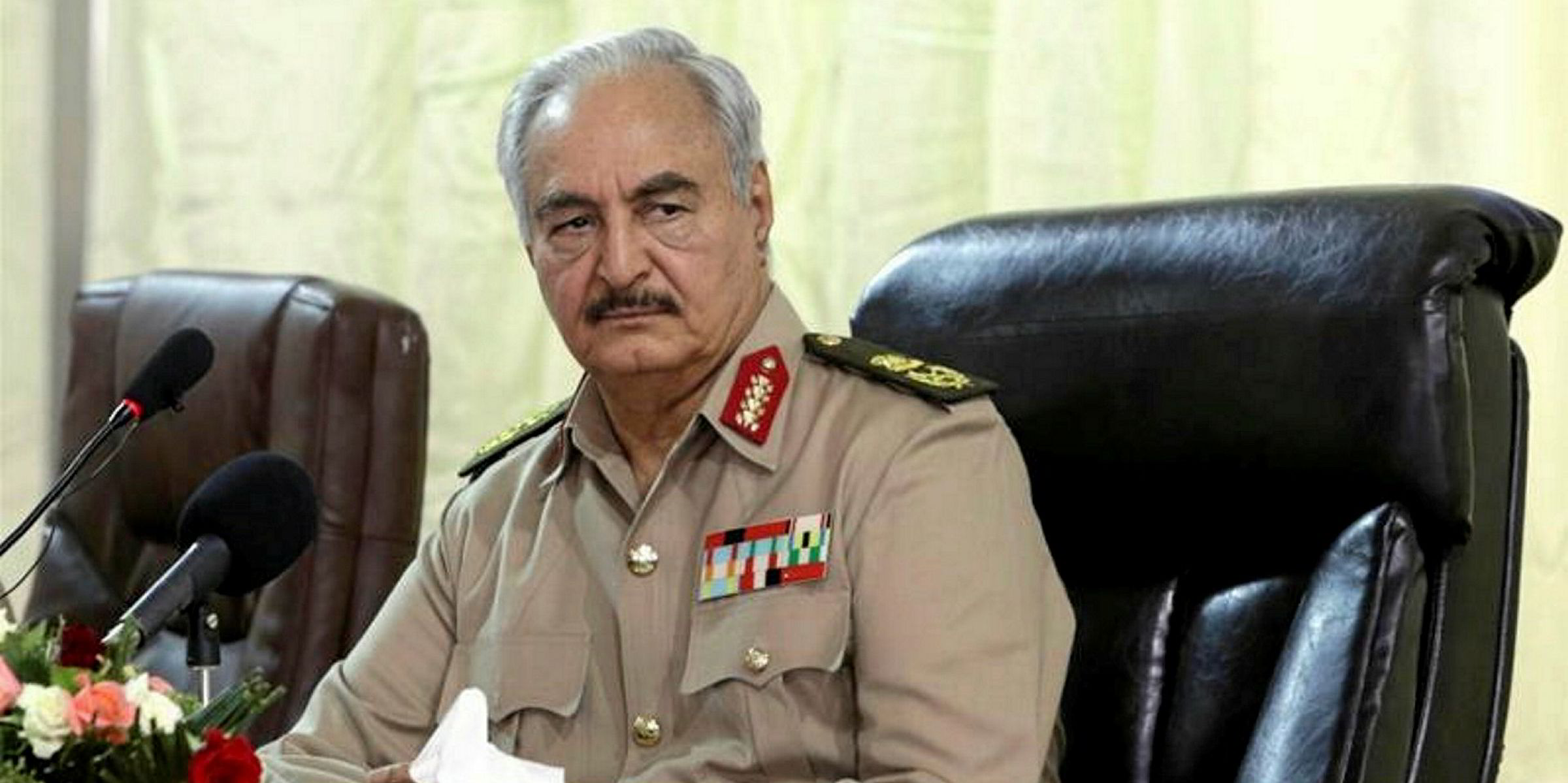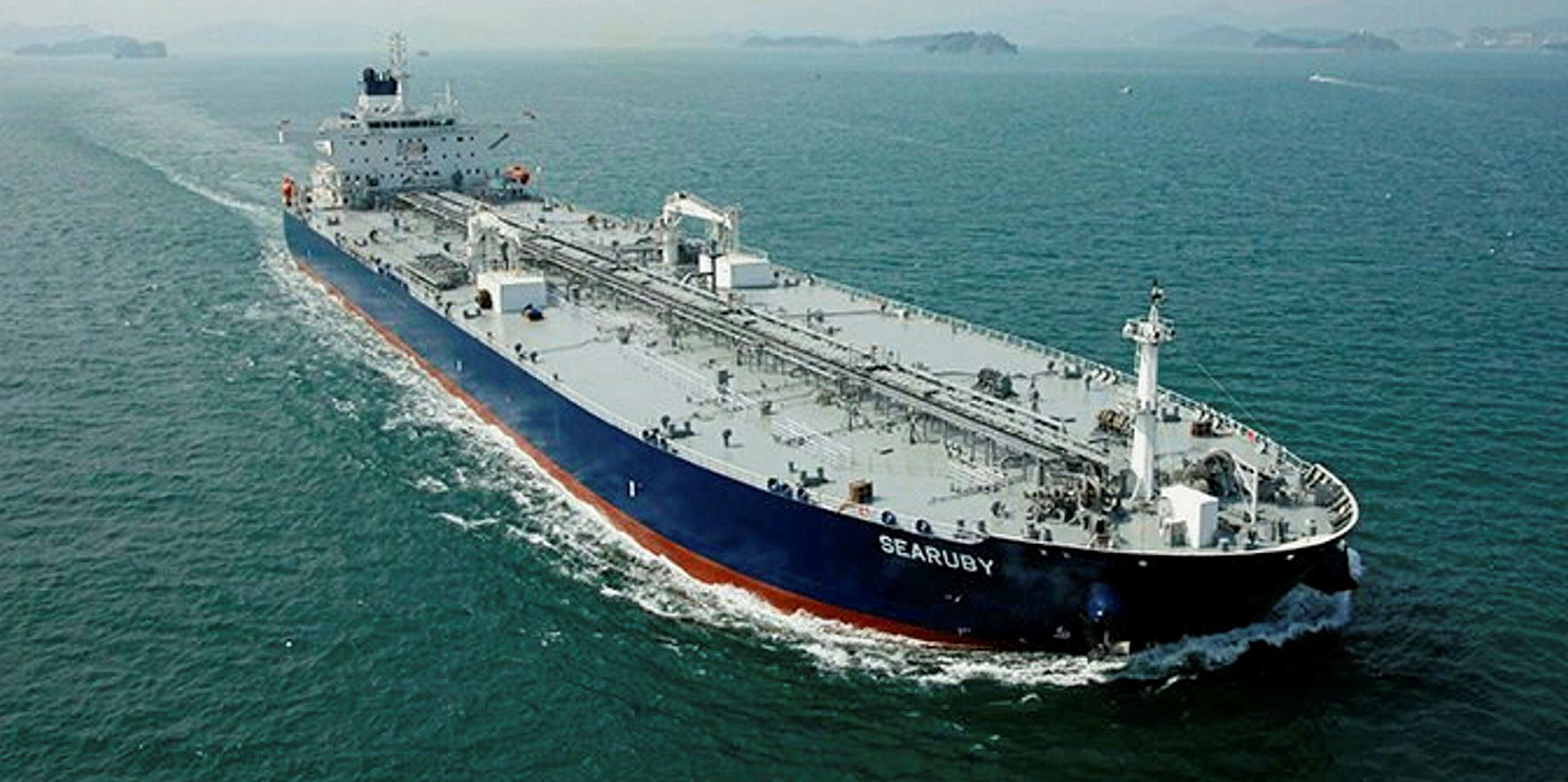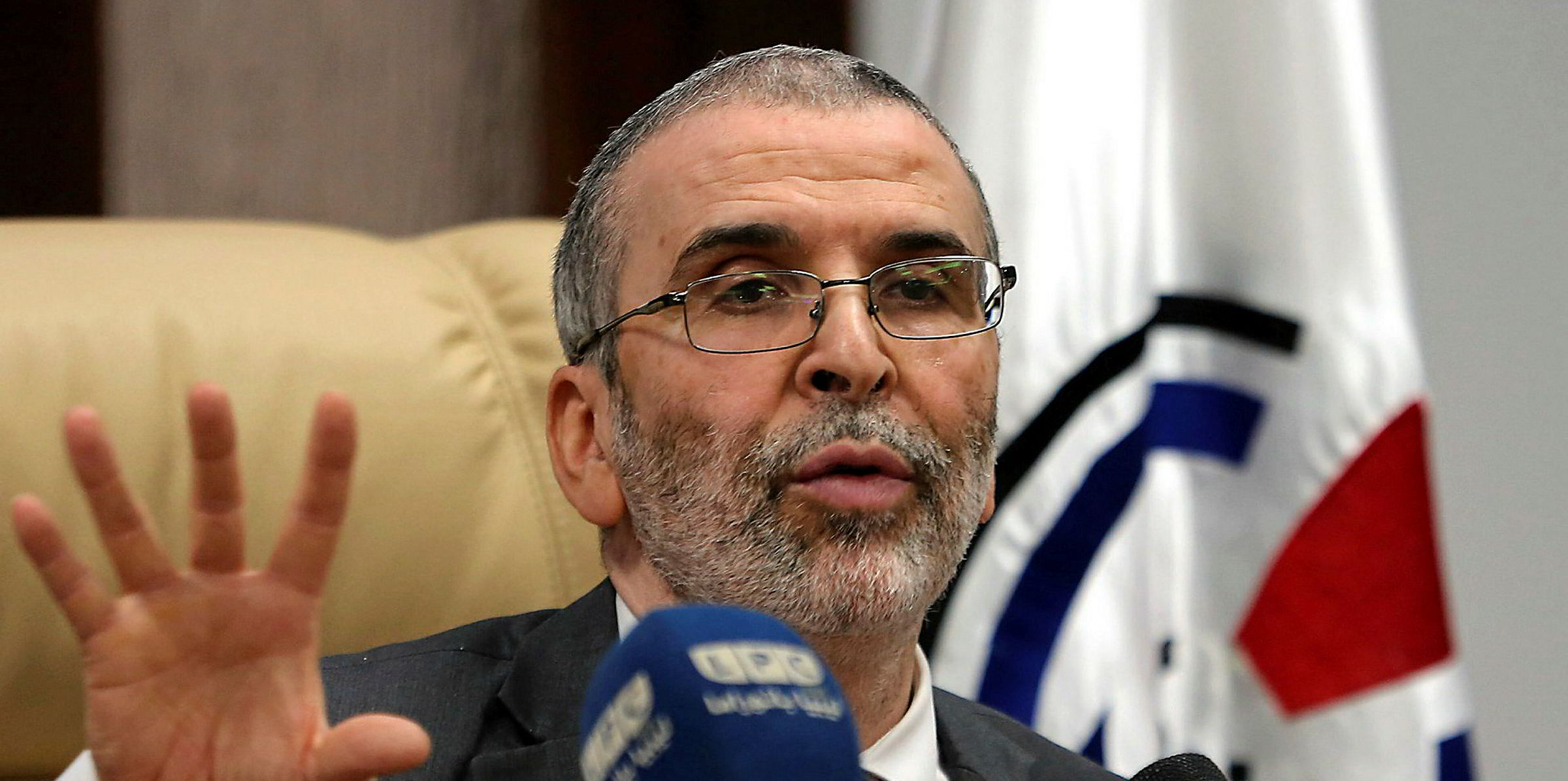Tanker exports have been halted at five eastern Libyan ports after forces of warlord Khalifa Haftar shut down the terminals.
Libya's National Oil Company (NOC) said on Sunday that Haftar's Libyan National Army (LNA) and the Petroleum Facilities Guard (PFG) of the central and eastern regions instructed the management of several subsidiaries to halt shipments.
The orders cover Sirte Oil, Harouge Oil Operations, Waha Oil, Zueitina Oil and Arab Gulf Oil Co (AGOCO).
The affected ports are Brega, Ras Lanuf, Hariga, Zueitina and Sidra, as Libya's civil conflict continues.
This will result in a loss of crude oil production of 800,000 barrels per day, down from 1.3m barrels, and daily financial losses of $55m.
Move condemned
NOC's board said it strongly condemned the move ahead of Sunday's peace talks in Berlin.
A deal was agreed at the conference that countries with interests in Libya's long-running conflict should provide no further military support to the warring parties while a ceasefire lasts.
“The oil and gas sector is the lifeblood of the Libyan economy and the single source of income for the Libyan people. The oil and the oil facilities belong to the Libyan people. They are not cards to be played to solve political matters,” said NOC chairman Mustafa Sanalla.
He said shutting down oil operations has far-reaching consequences.
“If the shutdown is prolonged, we face collapse of the exchange rate, a huge and unsustainable increase in the national deficit, the departure of foreign contractors, and the loss of future production which may take years to restore,” Sanalla said in a statement.
“This is like setting fire to your own house.”
Storage limited
Sanalla added that there is limited available storage at NOC's main ports. He added that the capacity equals about five days of production.
“Blockading oil facilities is a criminal act,” he said, promising to prosecute the perpetrators.
Dryad Global said reports suggested that local tribesman have also closed the El Feel and El Sharara oilfields in the west of the country.
“It is so far unclear if local tribesman acted on the behalf of the LNA, although this has been stated, or saw an opportunity with the closure of Eastern ports to put further pressure on the NOC,” the security consultancy added.
Dryad views Haftar's move as a bargaining chip in the tussle for power in Libya.
“There is currently no additional risk to vessels operating in Libyan waters, and this is primarily an intra-Libyan power struggle. Vessels are reminded to comply with whichever grouping currently controls a port area, as well as remaining in contact with the Libyan authorities, navy and coastguard where possible,” the firm added.
A spokesman for the LNA said the blockade was a "major step for the Libyan people".
“The Libyan people are the ones who shut down oil ports and fields and are preventing oil exports,” he said.
He added it sent a “message of rejection” to militia groups defending Tripoli against a months-long siege by Haftar's forces.
The United Nations mission in Libya expressed “deep concern” over the shut-down.
Negative market impact
Tanker players are bracing for the potential fallout from Libya’s export issues, which could undercut vessel demand at a time when seasonal demand falls.
“The effects on the oil and tanker market is largely dependent on the duration of the situation,” Clarksons Platou Securities said in a note. “Prolonged, it could be an issue.”
The Opec member generally exports light, sweet crude to European consuming nations on aframaxes and to China on suezmaxes.
A prolonged halt of Libyan exports would be negative for the Mediterranean aframax market with subdued European crude demand due to refinery maintenance. In terms of overall tonne-mile demand, some analysts suggested that this can be partially offset if the US and West Africa hike their exports to China, though.
“Taking cargoes out of the market…will be negative. But it depends on where the cargoes are subbed from,” a London-based player said.
With production facilities still intact, tanker markets could be little affected if the political stand-off can be resolved soon, however.
“Given the importance of oil revenue for both Haftar and the national government, we believe there’s a good chance the blockade will be relatively short-lived,” Bloomberg Intelligence said.
“Once the blockade is lifted, production should resume fairly quickly.”






